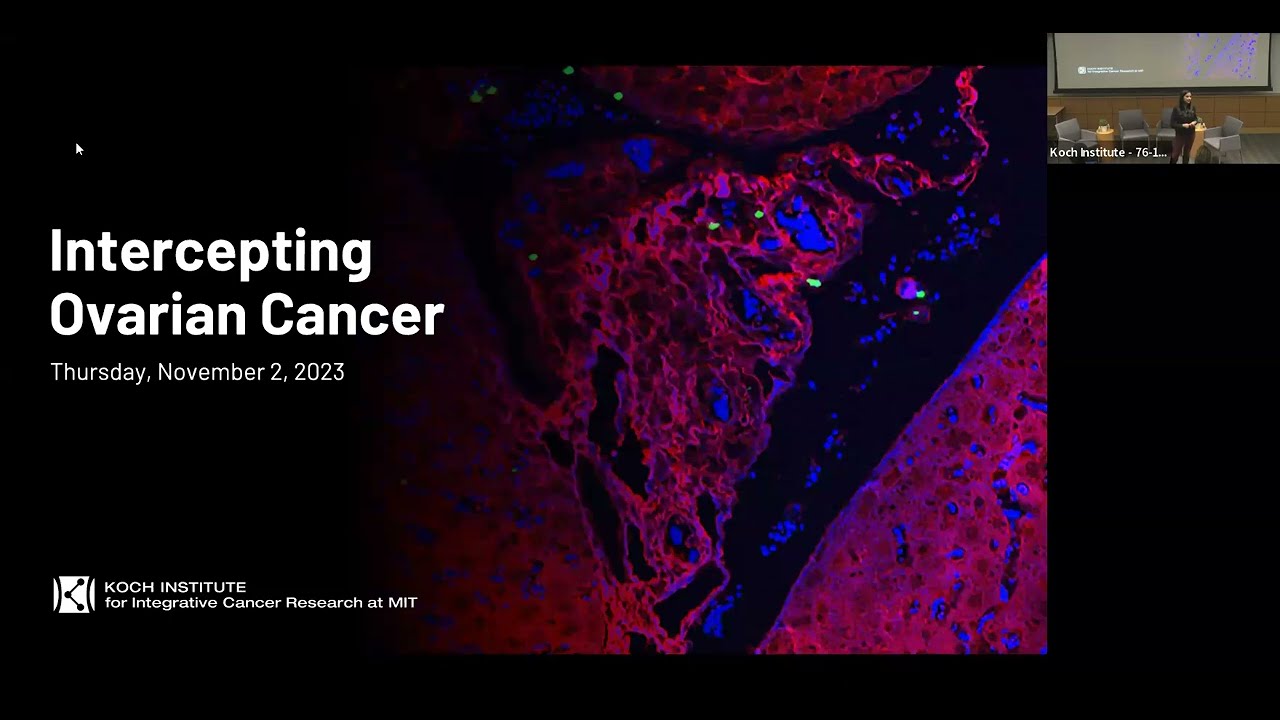Migraine linked to lower risk of breast cancer
Reuters Health • The Doctor's Channel Daily Newscast
Such a link is plausible, the investigators explain in the November issue of Cancer Epidemiology, Biomarkers and Prevention, given migraine’s association with falling levels of estrogen during a woman’s reproductive years, the higher prevalence of migraine among women compared with men, and the correlation between lifetime estrogen exposure and breast cancer risk.
The current analysis by Dr. Robert W. Mathes, at the Fred Hutchinson Cancer Research Center, and colleagues included 1199 cases of invasive ductal carcinoma and 739 cases of invasive lobular carcinoma in women 55 to 79 years of age, and 1474 controls.
The relationship between migraine and breast cancer was dependent on the estrogen receptor (ER) and progesterone receptor (PR) status of the tumor.
Specifically, compared with women with no history of migraine, those with such a history were at significantly reduced risk of ER+/PR+ ductal carcinoma (odds ratio 0.65), ER+/PR- ductal carcinoma (OR 0.49), and ER+/PR+ lobular carcinoma (OR 0.63).
However, the risk of ER-/PR- ductal carcinoma and ER+/PR- lobular carcinoma did not differ significantly between migraineurs and women without migraine.
If these findings are replicated, the authors suggest, “The association between migraine and breast cancer risk could expand our understanding of the effect hormonal exposures during a woman’s premenopausal years can have on her risk of developing breast cancer when she is postmenopausal.”
Reference:
Cancer Epidemiol Biomarkers Prev 2008;17:3116-3122.






